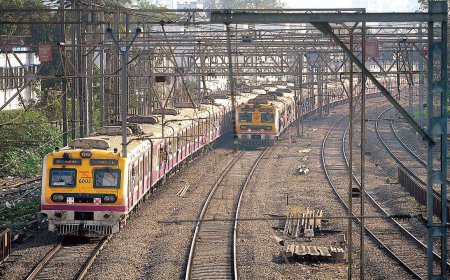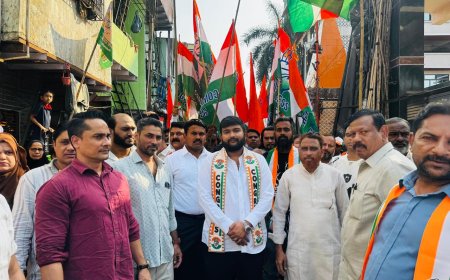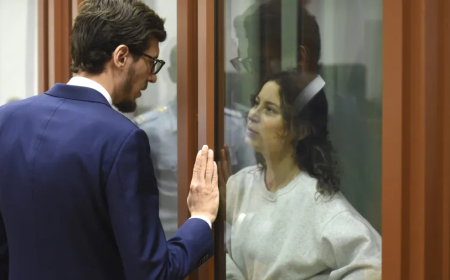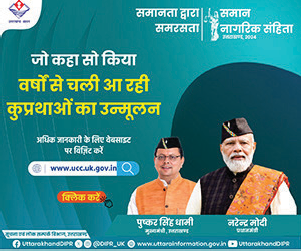As COP29 nears its conclusion in Baku, Azerbaijan, significant divisions have emerged over a proposed global climate finance deal, threatening to derail progress on critical funding for developing countries. The key objective of COP29 is to determine how much richer nations should contribute to help poorer countries mitigate and adapt to climate change. However, a new draft document unveiled just hours before the summit's final stretch has left key issues unresolved, including the amount of funding, who pays, and what qualifies as eligible contributions.
European Union climate commissioner Wopke Hoekstra expressed frustration, calling the document "unacceptable," while Panama's lead negotiator, Juan Carlos Monterrey Gómez, described the negotiations as "a tragic spectacle." Developing nations, facing the brunt of climate impacts, argue they need at least $1 trillion annually by 2030, but the draft falls short of specifying clear financial targets.
The ongoing struggle reflects deep divides between developed and developing nations. While wealthier countries push for broader definitions of climate finance, including contributions from other nations like China, poorer countries demand that funds be primarily in the form of grants. The text also omits a concrete figure for the annual climate finance target, stalling meaningful negotiations.
Meanwhile, the future of fossil fuels remains contentious. Although the draft refers to the need for a transition away from fossil fuels, concrete steps have yet to be outlined. As the summit nears its close, negotiators warn that further compromises are essential to avoid another failed climate conference.
With just two days remaining, stakeholders are under immense pressure to finalise an agreement that can meet the urgency of the climate crisis.
Divisions and Delays Mark COP29 as Climate Finance Deal Faces Hurdles
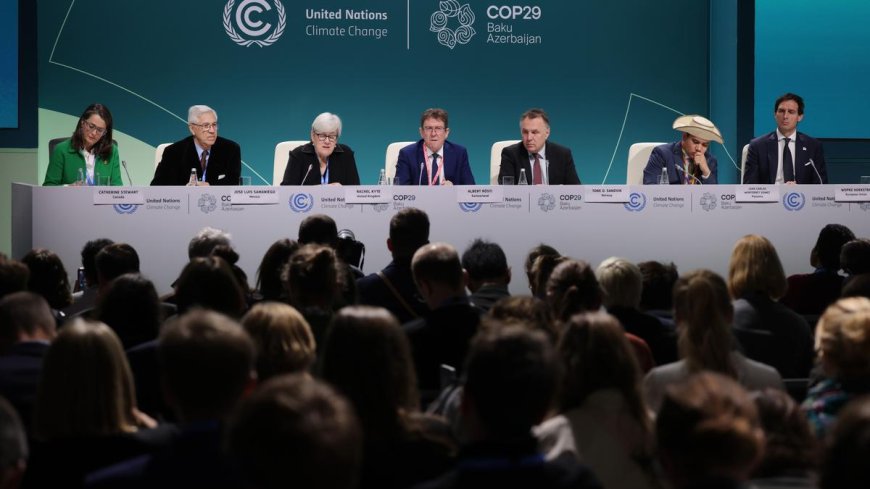
Western Railway to Impose Major Night Block Betwee...
Mumbai, January 14, 2026:Western...
BMC Elections 2026: Final Day of Campaigning in Wa...
Mumbai 13 January 2026:On the final day of campaigning for the BMC Elections 2026, Haider Ali Sh...
BMC, Mumbai Airport Operator Accused of Neglecting...
Mumbai January 10, 2026
Dating App Trap in Powai, Two Men Robbed After Bei...
Mumbai: Two men were allegedly threatened and robbed in separate but similar incidents after develo...
More Local News To You
Make every story matter—get news that resonates with you through your ABC Account.
Pakistan Telecom Authority Highlights Legal Ambiguity Around Internet Shutdowns
The Pakistan Telecommunication Authority PTA has raised concerns about the legal fram...
Ex-Ballet Dancer Sentenced to 12 Years in Russia for Donating $52 to Ukrainian Charity
Moscow, : A Russian court has sentenced Ksenia Khavana, a 33-year-old former ballet dancer with dual citizenship in the USA and Russia, to 12 years...
FBI Releases New Video in Search for January 6 Pipe Bomb Suspect
Washington, D.C.: The Federal Bureau of Investigation FBI has releas...
The U.S. Kills Terrorist Commander Mohammad Salah al-Jabeer in Syria
Tampa FloridaDamascus Syria, January 31 : On Thursday, the United...



 Previous
Article
Previous
Article

